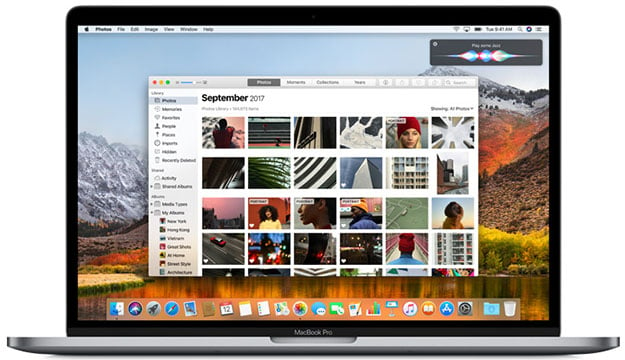Apple Begins Notifying macOS Users That 32-bit App Support Is Ending

Apple has begun notifying macOS users that 32-bit applications will not work on future versions of the operating system. It's not clear when exactly Apple will phase out support completely, but in the meantime, users can expect to see one-time alerts when firing up a 32-bit app, starting with macOS High Sierra 10.13.4. This gives them time to prepare accordingly, though 32-bit apps will continue to run and function properly for the time being.
Why the change? The pitch from Apple is that "state-of-art technology is what makes a Mac a Mac," and that all modern Mac systems run on 64-bit processors. Furthermore, macOS is capable of running advanced 64-bit programs that have access to much more memory compared to 32-bit apps, and can potentially enable faster system performance. So, it's 64-bit or bust going forward (at some point, anyway).
Apple also pointed to technologies that require 64-bit support.
"The technologies that define today's Mac experience—such as Metal graphics acceleration—work only with 64-bit apps. To ensure that the apps you purchase are as advanced as the Mac you run them on, all future Mac software will eventually be required to be 64-bit," Apple said.
Apple is far from alone in kicking 32-bit support to the curb in favor of 64-bit goodness. Google last year began automatically migrating 32-bit Chrome browser users to 64-bit builds to improve stability, performance, and security, and more recently NVIDIA announced it was dropping mainstream GPU driver support for 32-bit operating systems, effective this month.
If you're on a Mac system and want to check if a particular app is 32-bit or 64-bit, it's easy to do. Just navigate to the Apple menu, choose About This Mac, and click the System Report button. Next, scroll down to Software > Applications. You can then select individual apps and look at the 64-bit (Intel) field to see either a "Yes" or "No" designation.

